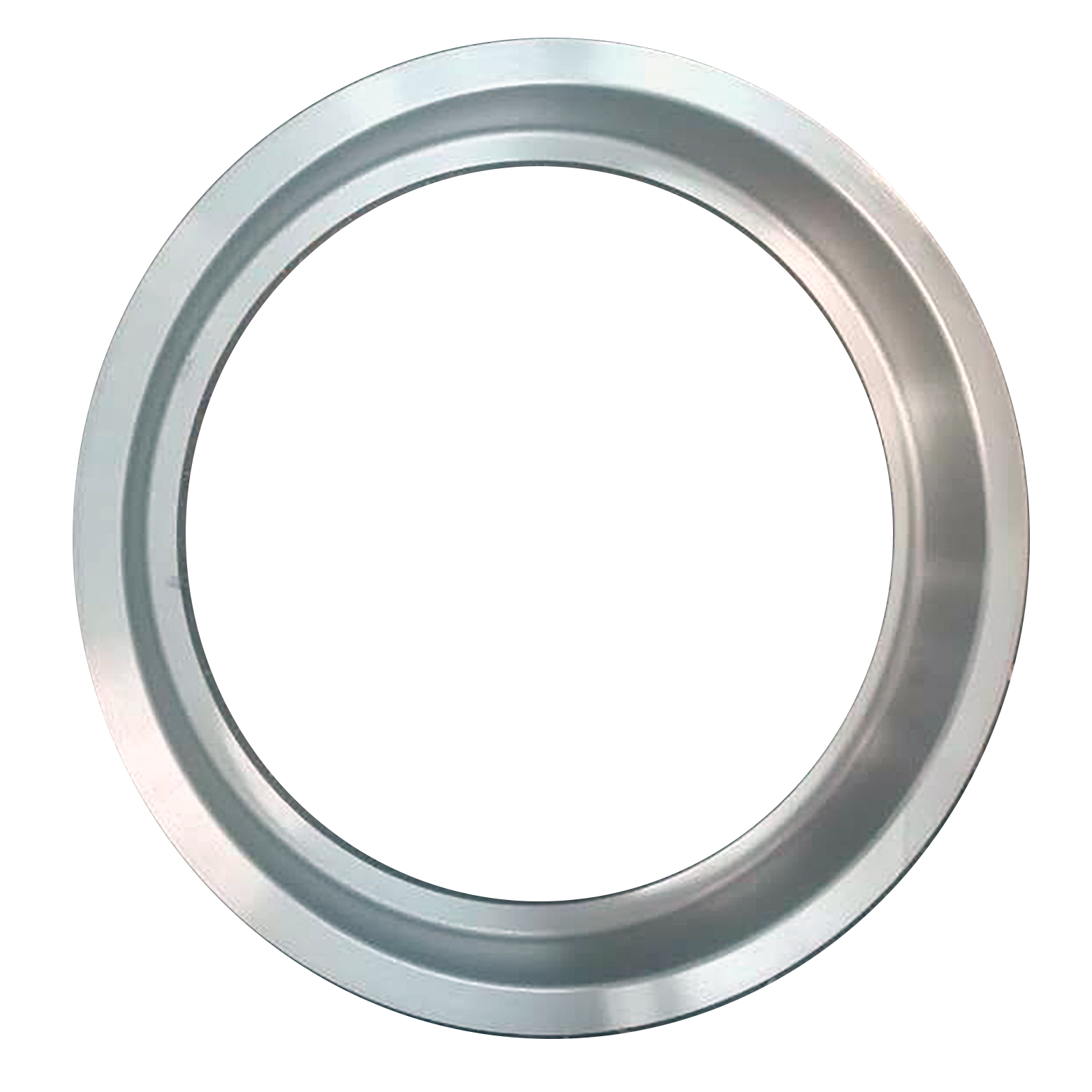- Afrikaans
- Albanian
- Amharic
- Arabic
- Armenian
- Azerbaijani
- Basque
- Belarusian
- Bengali
- Bosnian
- Bulgarian
- Catalan
- Cebuano
- China
- China (Taiwan)
- Corsican
- Croatian
- Czech
- Danish
- Dutch
- English
- Esperanto
- Estonian
- Finnish
- French
- Frisian
- Galician
- Georgian
- German
- Greek
- Gujarati
- Haitian Creole
- hausa
- hawaiian
- Hebrew
- Hindi
- Miao
- Hungarian
- Icelandic
- igbo
- Indonesian
- irish
- Italian
- Japanese
- Javanese
- Kannada
- kazakh
- Khmer
- Rwandese
- Korean
- Kurdish
- Kyrgyz
- Lao
- Latin
- Latvian
- Lithuanian
- Luxembourgish
- Macedonian
- Malgashi
- Malay
- Malayalam
- Maltese
- Maori
- Marathi
- Mongolian
- Myanmar
- Nepali
- Norwegian
- Norwegian
- Occitan
- Pashto
- Persian
- Polish
- Portuguese
- Punjabi
- Romanian
- Russian
- Samoan
- Scottish Gaelic
- Serbian
- Sesotho
- Shona
- Sindhi
- Sinhala
- Slovak
- Slovenian
- Somali
- Spanish
- Sundanese
- Swahili
- Swedish
- Tagalog
- Tajik
- Tamil
- Tatar
- Telugu
- Thai
- Turkish
- Turkmen
- Ukrainian
- Urdu
- Uighur
- Uzbek
- Vietnamese
- Welsh
- Bantu
- Yiddish
- Yoruba
- Zulu
Oct . 13, 2024 01:53 Back to list
ductile cast iron
Ductile cast iron, also known as nodular cast iron or spheroidal graphite iron, is a versatile and widely used material in various engineering applications. It combines the properties of cast iron with enhanced ductility, making it suitable for parts requiring both strength and flexibility.
The key to the unique properties of ductile cast iron lies in its microstructure. During the casting process, the addition of small amounts of magnesium to molten iron promotes the formation of spherical graphite nodules instead of the flake graphite typical of traditional cast iron. This transformation significantly alters the mechanical properties of the material, allowing ductile cast iron to have an elongation of up to 20% and tensile strengths often exceeding 100,000 psi (689 MPa).
One of the standout characteristics of ductile cast iron is its excellent impact resistance. It can withstand sudden forces without fracturing, making it ideal for applications that encounter dynamic loads. Industries that typically utilize ductile cast iron include automotive, construction, and heavy machinery, where components such as gears, crankshafts, and housings often experience high stress and require reliable performance.
In addition to strength and toughness, ductile cast iron boasts good wear resistance and corrosion resistance. This makes it suitable for use in harsh environments, such as wastewater treatment facilities and heavy-duty industrial applications. Unlike traditional cast iron, the spherical graphite structure allows for better lubrication and reduced wear on surfaces, enhancing the longevity of components made from this material.
ductile cast iron

The casting process used for ductile cast iron also contributes to its advantages
. It can be easily cast into complex shapes and sizes, allowing for intricate designs and reducing the need for post-processing. This capability is particularly valuable in modern manufacturing, where efficiency and cost-effectiveness are paramount.In terms of sustainability, ductile cast iron is recyclable, which is becoming increasingly important in today’s environmentally conscious world. Reusing materials helps to reduce waste and lower the carbon footprint associated with production, making it an attractive choice for industries looking to minimize their environmental impact.
However, despite its numerous benefits, there are some limitations to ductile cast iron. It can be more costly than traditional cast iron and may require special considerations in terms of machining due to its high hardness and tensile strength. Care must also be taken during the casting process to ensure the correct amount of magnesium is added, as this can significantly affect the final properties of the material.
In conclusion, ductile cast iron is a remarkable material that combines the favorable characteristics of traditional cast iron with enhanced ductility and strength. Its applications in various industries are a testament to its versatility and reliability. As technology advances and demand for durable and efficient materials continues to grow, ductile cast iron is poised to remain a key player in the field of engineering materials. Its unique properties and sustainability features make it a preferred choice for manufacturers looking to achieve high-performance outcomes in their products.
-
8mm Thin-Walled Cast Steel Manhole Cover Pallet Bottom Ring | Durable
NewsAug.04,2025
-
Premium Cast Iron Water Main Pipe: Durable, Corrosion-Resistant
NewsAug.03,2025
-
Durable Cast Iron Water Mains | AI-Optimized Systems
NewsAug.02,2025
-
High-Efficiency Propane Boiler for Baseboard Heat | Save Energy
NewsAug.01,2025
-
Premium Source Suppliers for Various Gray Iron Castings
NewsJul.31,2025
-
Durable Cast Iron Water Main Pipes | Long-Lasting
NewsJul.31,2025


